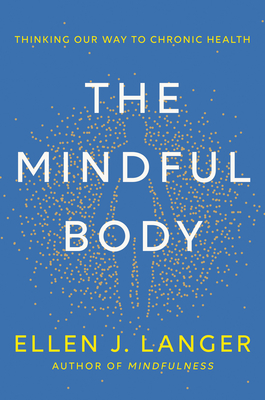What do you think?
Rate this book


288 pages, Hardcover
Published September 5, 2023

"...Most of this usage presents mindfulness as a condition solely of the mind and often related to the practice of meditation. But mindfulness—as my students and I have shown—is instead the simple process of actively noticing things, no meditation required. When mindful, we notice things we didn’t notice before, and we come to see that we didn’t know the things we thought we knew as well as we thought we knew them. Everything becomes interesting and potentially useful in a new way..."
"But my use of the word “mindfulness” also, importantly, refers to a condition of the body. Indeed, I believe our psychology may be the most important determinant of our health. I’m not just speaking of harmony between mind and body. I believe the mind and body comprise a single system, and every change in the human being is essentially simultaneously a change at the level of the mind (that is, a cognitive change) as well as the body (a hormonal, neural, and/or behavioral change). When we open our minds to this idea of mind-body unity, new possibilities for controlling our health become real. Making use of the power of a mindful body is well within our grasp."
"Schopenhauer is presumed to have said, “All research passes through three phases: First it is ridiculed; then it is violently opposed; and third it is accepted as self-evident.”